SUMMARY
This is AI generated summarization, which may have errors. For context, always refer to the full article.
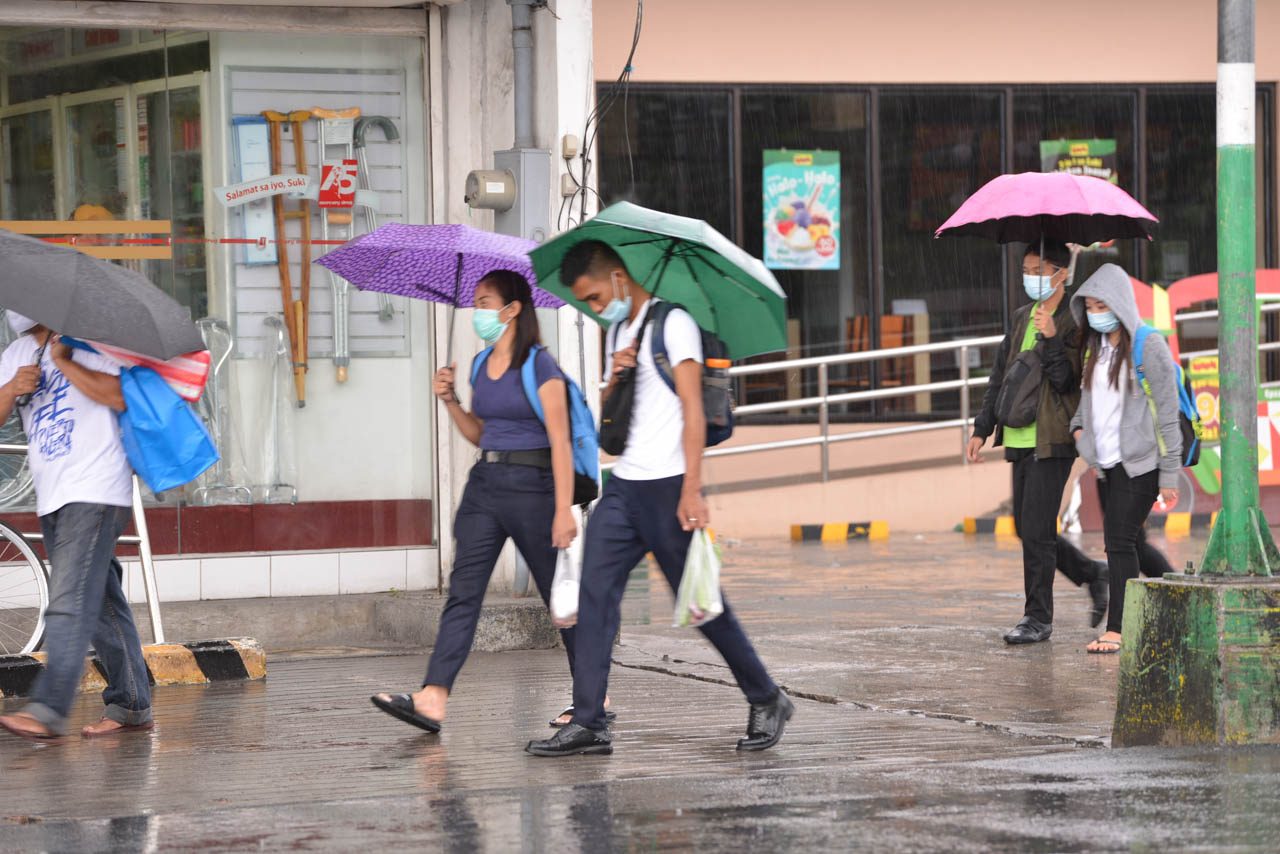

The Department of Health (DOH) strongly reiterated on Wednesday, August 19, that the use of rapid antibody tests is not recommended to screen individuals returning to workplaces or hometowns.
In a statement on Wednesday, the DOH said reverse transcription polymerase chain reaction (RT-PCR) tests remain the “gold standard” for confirming COVID-19.
“The use of rapid antibody tests is not recommended for use in screening, return-to-work decisions, entry-to-country/province policies, or for similar use due to its low sensitive and high false negative rates, as well as uncertainties to its connection to immunity,” the DOH said.
Why this matters
Health officials back advice earlier given by medical experts, who warned that overreliance on rapid tests in workplaces and local government units (LGUs) may have contributed to the spike in COVID-19 cases.
“The Department of Health would like to stress that antibody tests are not recommended as stand-alone tests for the diagnosis of COVID-19,” the DOH said.
Medical experts earlier said such tests “miss more than half of people with active, contagious illness.” Health groups also flagged the practice of some LGUs which required rapid tests to identify COVID-19 cases at their borders.
Despite this, Malacañang still wants to use rapid tests.
Presidential Spokesperson Harry Roque earlier said the government is aware of the limitations of rapid tests and thus always requires people to take the RT-PCR test as well.
Some members of the national government’s task force also insisted on simply doing rapid tests twice in order to supposedly address inaccuracy issues.
Clinical use
The DOH said the World Health Organization only recommends the use of rapid tests in research settings and in clinical decision-making, “until evidence supporting use for specific indications is available.”
On the ground, the Department of Labor and Employment (DOLE) and the Department of Trade and Industry (DTI) have likewise dropped the use of rapid tests for employees returning to work.
In a joint memorandum issued on August 14, DOLE and DTI did not require outright testing for employees physically reporting to work. They said businesses should first screen employees based on symptoms, travel history, and whether or not they were exposed to a COVID-19 case within the last 14 days. If they are found to fall within these criteria, they are advised to take RT-PCR tests and quarantine for 14 days. – Rappler.com
Add a comment
How does this make you feel?
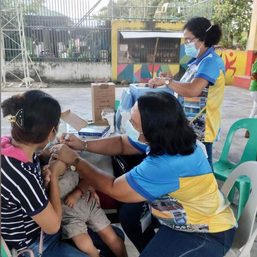

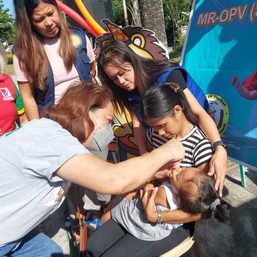
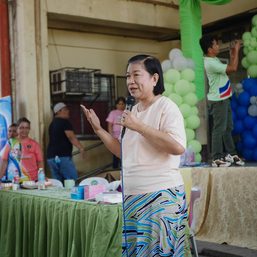
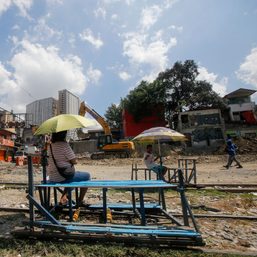
There are no comments yet. Add your comment to start the conversation.